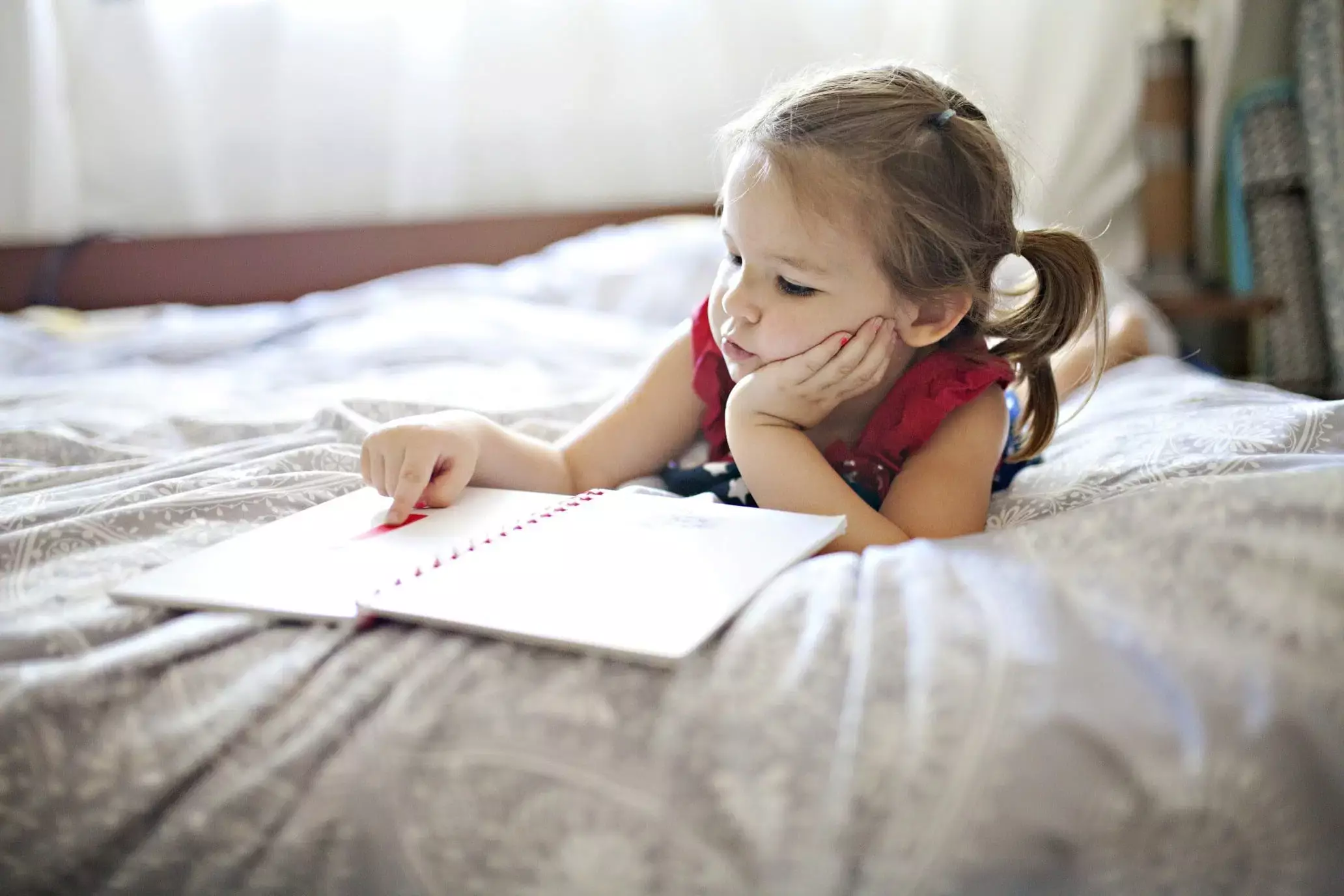Sending your child off to preschool for the first time is a pivotal moment, fraught with both excitement and anxiety. As a parent, particularly a mother, you have cultivated an intimate understanding of your child’s idiosyncrasies—from their happiest moments to what tugs at their heartstrings. This transition represents not just a new educational experience, but an emotional journey for both parent and child. The sandbox isn’t just filled with sand; it’s a microcosm of social dynamics your child will soon navigate. It’s completely normal for apprehension to rise when considering if your little one is truly ready for this leap into a new world filled with unfamiliar faces and expectations.
Traditionally, parents have relied on intuition to assess readiness. The question looms: Is my child emotionally equipped to embark on this adventure independently? Each child reacts differently to separation; some may cling tightly while others march right in, full of confidence. Your instinct will serve as an invaluable compass in gauging whether your child is emotionally prepared for this significant change.
Social Readiness: The Key to Thriving
Social skills are a crucial factor to consider when assessing preschool readiness. While toddlers often engage in parallel play, by the age of three or four, they typically begin to crave interactive play with peers. This shift is critical, as preschool serves as a platform for social interaction and peer engagement. If your child is reaching out for playmates rather than simply observing, it’s a promising sign that they’re ready to embrace this new environment.
Observing how your child interacts with other children can provide useful insights. Are they eager to share toys? Are they showing early signs of empathy, such as comforting a friend who’s upset? If they seem to flourish in these social settings, they’re likely to thrive in preschool. However, even extroverted children might feel a twinge of shyness in an entirely new setting. It’s vital to recognize that initial hesitation is normal, and with time, most children adapt and revel in the joys of teamwork and collaborative play.
Practical Considerations: The Potty Training Debate
A significant logistical aspect to examine is your child’s potty training status. While some preschools maintain stringent potty training policies, others show flexibility in accommodating accidents that are an inevitable part of early childhood. It’s important to have candid discussions with prospective schools to understand their approach to this sensitive subject.
The reality is that children develop bladder control at varying paces. Societal pressures around potty training can add an unnecessary layer of stress for both you and your child. If your child is not entirely consistent yet, but demonstrates readiness in other developmental areas—like social interaction and communication skills—it becomes essential to weigh the benefits of placement in preschool against potential obstacles tied to potty training requirements.
Communication Skills: A Foundation for Success
Language development varies significantly during the preschool years. While some children confidently communicate their thoughts and feelings through complete sentences, others might still be mastering essential words. This discrepancy can impact how well they articulate their needs in a preschool environment. As a parent, you should assess whether your child can effectively communicate basic requirements—such as needing to go to the bathroom, feeling hungry, or seeking assistance when hurt.
Having the ability to express themselves to both peers and teachers is vital for a seamless preschool experience. It’s one thing for you to understand your child’s unique way of communication; it’s another for teachers and other adults to be able to do the same. If your child struggles in this area, you may want to consider engaging in exercises that promote language building prior to their transition, ensuring they feel confident expressing themselves in their new surroundings.
Choosing the Right Preschool: Finding the Perfect Fit
The sheer volume of preschool options available can be bewildering. As you embark on this search, pay particular attention to the varying philosophies that schools uphold, notably the distinction between play-based and academic-focused curricula. Growing research indicates that play-based learning fosters long-term intellectual development in children. Yet, striking the right balance is key—an ideal preschool may blend playful interactions with structured learning experiences, tailored to nurture academic skills without sacrificing joy.
Understanding your child’s natural disposition is equally important in making this choice. Does your child thrive in active settings or prefer quieter corners? If they enjoy vigorous outdoor activities, a school that emphasizes sitting still for extended periods may not be the best match. In this search, a preschool should not just be viewed as an institution for learning; it should be a nurturing environment that resonates with your child’s temperament, interests, and enthusiasm for discovery.
As you traverse the landscape of preschool readiness, recognizing the unique blend of emotional, social, and practical factors can empower both you and your child to embark on this enriching journey. The magic of preschool lies not just in the educational skills learned but in the friendships forged and the discovery of oneself in a vibrant, collaborative world.

